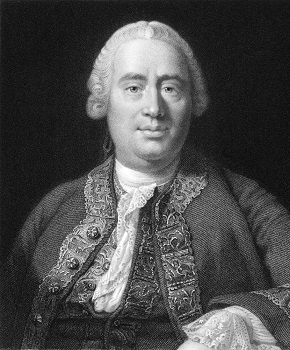
Like fireworks on New Year's Eve, the essay by Nicholas Capaldi launches a splendorous cascade. The useful and agreeable essay runs along lines of Hume as pragmatist and non-foundationalist. I hope to remark on such in follow-up conversation. Here I hold forth on Hume on the theory and history of liberty, connecting to Nick at several points.
As Donald Livingston (1984) says, "philosophical insight is gained by working through the contrarieties of thought which structure a drama of inquiry" (36). To study David Hume and Adam Smith is to study the contrarieties that figure centrally in their thought. By contrariety, I don't mean a stark double-doctrine, as for example when a word exoterically means X and esoterically a quite contrary Y. The idea, rather, is that the two meanings, X and Y, do differ, and the key is to see when the author means X and when Y—and, sometimes, when Z, and beyond—and how the author accommodates both X and Y.
A contrariety that looms large in
A Treatise of Human Nature (THN) resides in the word
reason (Matson 2017a). Another great contrariety in THN and other works by both Hume and Smith resides in
nature/
natural. In their moral and political thought, the big contrarieties reside in
justice,
liberty, and
freedom.
[22]
Smith makes a pathway to clarity in our understanding of Hume. A remarkable contrariety in Smith resides in justice. He seems to tell us that justice talk ought to be confined to "mere justice," or commutative justice. But read closer. Actually, he affirms not one but three senses of justice. He does not confine his justice talk to commutative; he practices the other two as well, and copiously.
But commutative is clearly very special. One aspect of its specialness is that, by virtue of its precise and accurate—or grammar-like—rules, it has a flipside that, too, is grammar-like. The virtue of commutative justice, that is, not messing with other people's stuff, has a flipside in others not messing with one's stuff. In equal-equal jural relationships Smith often calls that "security," but in superior-inferior jural relationships, "liberty" or "natural liberty."
That commutative justice and liberty are flipsides is signaled by Smith, for example, when he says of two restrictions: "Both laws were evident violations of natural liberty, and
therefore unjust" (WN, 530, italics added). Liberty is others not messing with one's stuff.
[23]
But Smith's "system of natural liberty" clearly entails the government messing with one's stuff. So liberty must also have a meaning aside from others not messing with one's stuff.
Likewise for Hume. He does not articulate the simple meaning of liberty as explicitly, but he too upheld it as a meaning of liberty. Yes, that general formulation—others not messing with one's stuff—has inside of it the evolved historicity of the grammar-like content of what functions as "stuff," of what makes it "one's," and what counts as "messing with" it. The injunction against messing is a necessary convention among jural equals, however, so, amidst a diversity of historicity, there obtains a uniformity in the general formulation.
And we likewise have a uniformity in applying the following crucial principle: a type of action in a superior-inferior jural relationship is an initiation of coercion if (and only if) such action in equal-equal jural relationships is an initiation of coercion. If your neighbor "taxed" you (i.e., extorted wealth from you) or "regulated" your freedom of association (i.e., stalked and assaulted you in private life), we darned-well would regard that as an initiation of coercion, and so we do call it an initiation of coercion when done by government (though not "extortion" or "assault").
Historicity pins down "stuff," "one's," and "messing with," yielding operative concepts of both commutative justice and liberty. The Hume-Smith formulations maintain that taxation and government interventions are initiations of coercion, are violations of liberty; such semantics check their advocates by placing upon them a burden of proof.
The foregoing formulations presuppose jural dualism. But human experience has, arguably, found itself in conditions of jural monism, that is, only equal-equal, in the simple society of the ancestral band of the Paleolithic, giving us instincts to jural monism that die hard (Hayek's two-worlds hypothesis and atavism thesis about modern collectivist politics). In recent millennia, human experience has found itself in conditions of jural multiplicity beyond dualism: Families, clans, slave-masters, tribes, lords, ecclesiastical institutions, multiple governments, all grating against one another, a jural mishmash that defies the simple "jural superior" of the modern nation-state. Today, speaking of "the government" feels natural to us, because within the modern nation-state there is an integration of the, e.g., municipal, county, provincial, national authorities. As Robert Bucholz (2003) puts it, Britain saw the formation of imperium. The formation of such jural imperium, which underlies jural dualism, which underlies the formulation of liberty given here, is a chief theme of Hume's History of England. Thus, Nick: "Liberty is a product of English history."
Britain was early to jural imperium (which does not preclude competing court systems). The accretion of jural integration occurred at the same time that the philosophy of governance shifted from social cohesion in the higher things to the emergent, post-Westphalia focus on the lower things that were worked out in natural jurisprudence, a refocusing that comported with growing toleration in high-things differences, with concomitant abstract ideas like earnings (honest income), increasingly sanctified in evolving Christianity and justified in the liberal theory of virtue (e.g., in Britain, Locke, Butler, Hutcheson, Hume, Smith), with concomitant results like innovation and what Nick calls the technological project, and with liberal economic theory and Smith's "liberal plan." What emerged was not just the nation-state, but inspiration and formulations for a liberal nation-state—a plan practical, virtuous, and lucrative to most, not least the Exchequer. Perhaps deliberately downplaying concomitants which tended toward social discohesion, Hume and Smith made such appeal to all honest gentlemen (Merrill 2015).
But the nation-state is the institutionalization of initiations of coercion. Imperium is the nation-state's supervening of all jural affairs. Resolution of the contrariety comes by way of judiciously incorporated distinctions, refinements, and qualifications—that is, by complications.
Liberty is used to formulate reforms and to compare them (including the no-reform option), thus keeping thought and discussion anchored in what we know and practice, the status quo. The liberty principle (if Reform 1 rates higher in liberty than Reform 2, then prefer it to Reform 2) is defeasible. Thus, as Nick points out, Hume is no "doctrinaire libertarian." But Hume and Smith propose to make a maxim of the liberty principle—Nick thus says that Hume maintains liberty as "the default position." Maintaining that presumption depends on properly theorizing the configuration of ownership (Klein 2011): Nick rightly emphasizes that for Hume political authority is based on acquiescence, not consent.
Hume and Smith considered the constitutive elements that conduce to relative liberty—rule of law, rules certainty and generality, representative government, divided powers, checks and balances, and so on. The word liberty is often used by Hume as descriptive of such political-science elements. But, as quotations in Nick's essay evince, both meanings of liberty are at work, that is, both a constitutional notion of an institutional system of liberty and the jurisprudential-flipside notion: others not messing with one's stuff.
Excellent scholarship on Hume's politics—e.g., by Duncan Forbes (1975), Hayek (1967, 116ff), Andrew Sabl (2012)—has often been shy on the libertarian idea of liberty at the heart of Hume's outlook (Matson 2017b), a shyness that Nick's essay helps to correct.
References
Bucholz, Robert. 2003. A History of England from the Tudors to the Stuarts. Audio/video course. Chantilly, Virginia: The Teaching Company.
Capaldi, Nicholas. 2018. "Hume's Project." Liberty Matters. Liberty Fund.
Forbes, Duncan. 1975. Hume's Philosophical Politics. London: Cambridge University Press.
Hayek, Friedrich A. 1967. The Legal and Political Philosophy of David Hume. In Studies in Philosophy, Politics and Economics. London: Routledge.
Klein, Daniel B. 2011. "Against Overlordship."
The Independent Review 16 (2): 165-71. <
https://www.independent.org/pdf/tir/tir_16_02_1_klein.pdf>.
Klein, Daniel B. 2017. "Commutative, Distributive, and Estimative Justice in Adam Smith."
Adam Smith Review, forthcoming. <
https://papers.ssrn.com/sol3/papers.cfm?abstract_id=2930837>.
Livingston, Donald. 1984. Hume's Philosophy of Common Life. Chicago: University of Chicago Press.
Matson, Erik W. 2017a. "The Dual Account of Reason and the Spirit of Philosophy in Hume's
Treatise." GMU Working Paper in Economics
, No. 17-50. <
https://papers.ssrn.com/sol3/papers.cfm?abstract_id=3070619>.
_________. 2017b. "Hume's Way of Reasonableness in Epistemology, in Politics, and in Political Economy."
GMU Working Paper in Economics, No. 17-49. <
https://papers.ssrn.com/sol3/papers.cfm?abstract_id=3070624>.
Merrill, Thomas W. 2015. Hume and the Politics of Enlightenment. New York: Cambridge University Press.
Sabl, Andrew. 2012. Hume's Politics: Coordination and Crisis in the History of England. Princeton: Princeton University Press.
Smith, Adam. 1976. An Inquiry into the Nature and Causes of the Wealth of Nations. Ed. R.H. Campbell and A.S. Skinner. Oxford: Oxford University Press. /titles/smith-an-inquiry-into-the-nature-and-causes-of-the-wealth-of-nations-cannan-ed-in-2-vols.
Endnotes
[22.] In Smith, another dramatic contrariety resides in
impartial spectator.
[23.] In Klein 2017 I exposit Smith's affirmation of the three senses of justice and the flipside relationship between commutative justice and liberty.
 Like fireworks on New Year's Eve, the essay by Nicholas Capaldi launches a splendorous cascade. The useful and agreeable essay runs along lines of Hume as pragmatist and non-foundationalist. I hope to remark on such in follow-up conversation. Here I hold forth on Hume on the theory and history of liberty, connecting to Nick at several points.
Like fireworks on New Year's Eve, the essay by Nicholas Capaldi launches a splendorous cascade. The useful and agreeable essay runs along lines of Hume as pragmatist and non-foundationalist. I hope to remark on such in follow-up conversation. Here I hold forth on Hume on the theory and history of liberty, connecting to Nick at several points.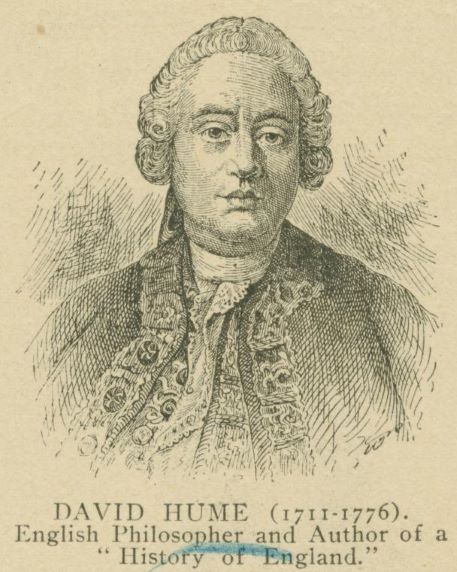
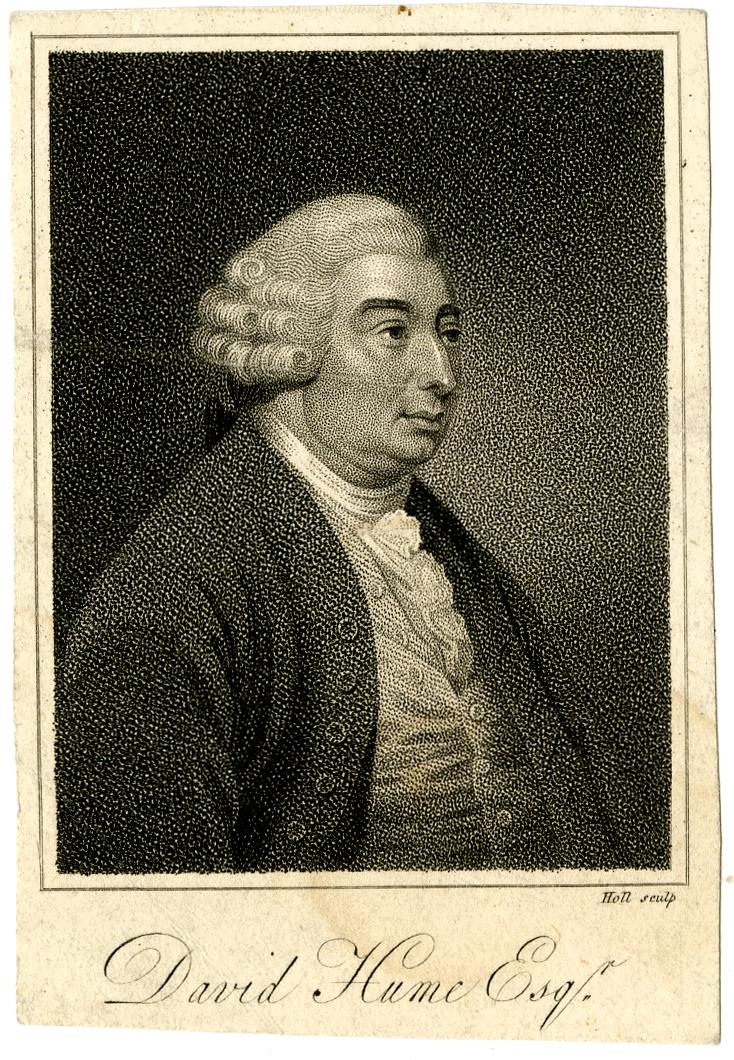
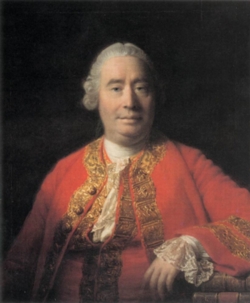
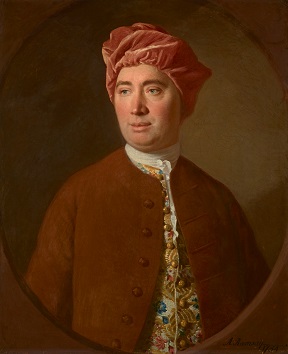 Dan Klein raises an important (perennial) and challenging question when he points out that we find in Hume and Smith "both a constitutional notion of an institutional system of liberty and the jurisprudential flipside notion: others not messing with one's stuff."
Dan Klein raises an important (perennial) and challenging question when he points out that we find in Hume and Smith "both a constitutional notion of an institutional system of liberty and the jurisprudential flipside notion: others not messing with one's stuff."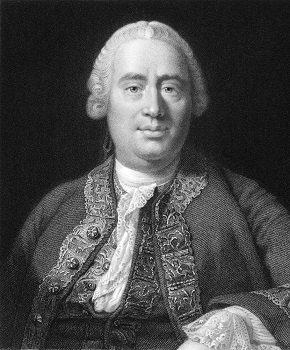 In that portion of his response directed toward me, Nick speaks of liberty as "the default position."
In that portion of his response directed toward me, Nick speaks of liberty as "the default position."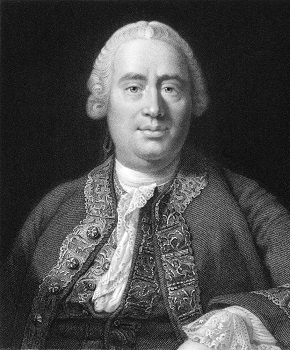
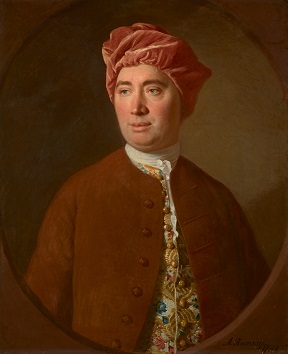 I am happy to acknowledge Dan's points – they are well taken.
I am happy to acknowledge Dan's points – they are well taken.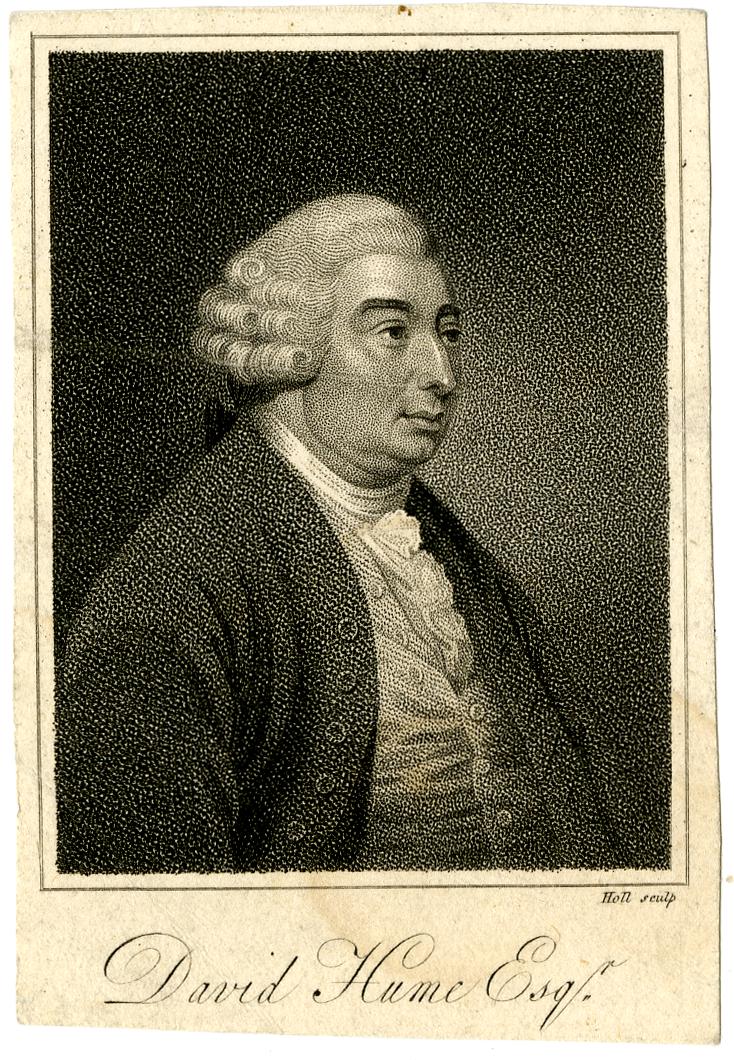 Nicholas Capaldi quite correctly observes that, short of appealing to a highly contestable theology or metaphysics, we cannot establish a definition of liberty that tells us when liberty has been honored or breached, or when individuals or governments have acted coercively. And he notes very candidly that this creates certain problems for the partisans of liberty, for there is no foundational view or theory to which they can appeal in defending liberty. So far, so good.
Nicholas Capaldi quite correctly observes that, short of appealing to a highly contestable theology or metaphysics, we cannot establish a definition of liberty that tells us when liberty has been honored or breached, or when individuals or governments have acted coercively. And he notes very candidly that this creates certain problems for the partisans of liberty, for there is no foundational view or theory to which they can appeal in defending liberty. So far, so good.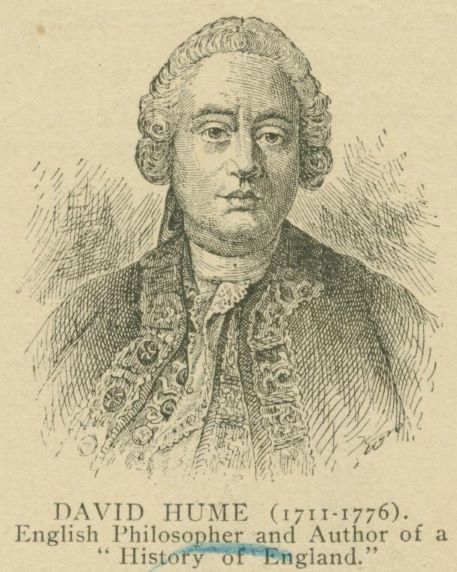 Nichols Capaldi's and Dan Klein's compliments of my work are much appreciated; the sentiment is assuredly mutual.
Nichols Capaldi's and Dan Klein's compliments of my work are much appreciated; the sentiment is assuredly mutual.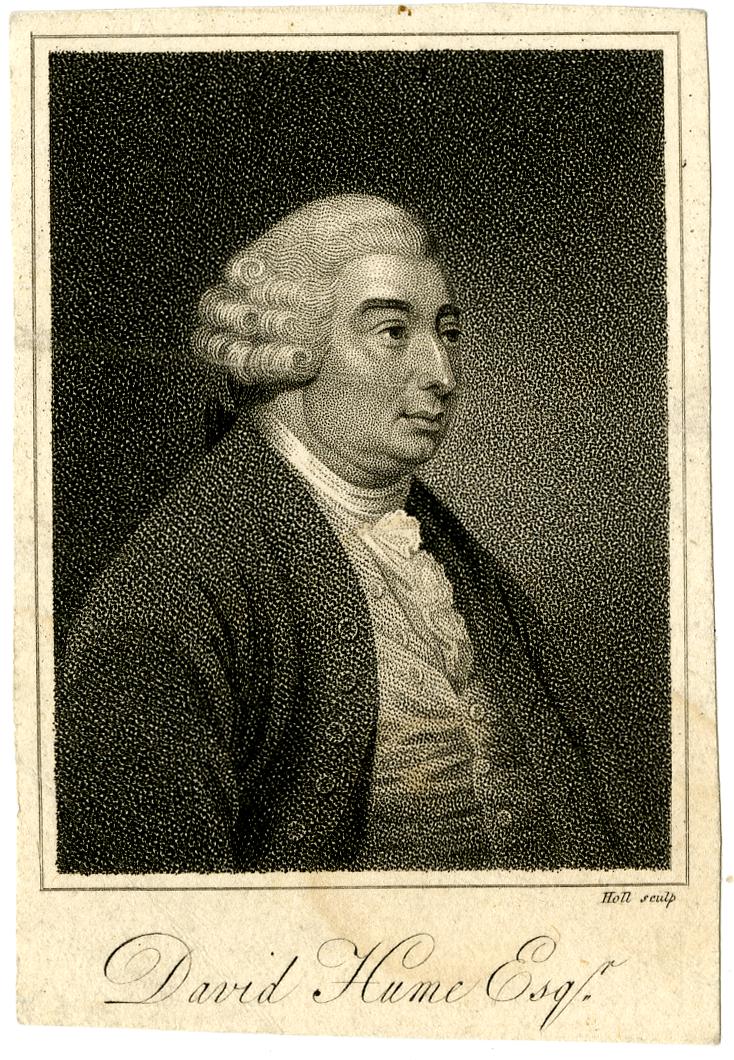 In my previous post I raised some doubts about Nicholas Capaldi's claims about the nature of liberty as the default position. I suggested some of his thinking might be explained by the influence of Michael Oakeshott. Let me elaborate on this before going on to say why I have my doubts about Capaldi's thinking. In the end, I prefer my Humean critique of Oakeshott to Capaldi's Oakeshottian reading of Hume.
In my previous post I raised some doubts about Nicholas Capaldi's claims about the nature of liberty as the default position. I suggested some of his thinking might be explained by the influence of Michael Oakeshott. Let me elaborate on this before going on to say why I have my doubts about Capaldi's thinking. In the end, I prefer my Humean critique of Oakeshott to Capaldi's Oakeshottian reading of Hume.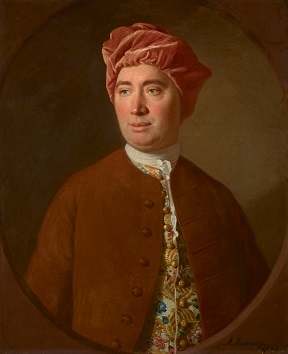 Rather than reading Hume through the eyes of Hayek and Oakeshott, I suggest reading Hayek and Oakeshott through the eyes of Hume. Put more accurately, I would argue that there is a British intellectual inheritance stretching from Ockham to Oakeshott, and Hume is best situated within it. Given what I have said earlier about explication, restating that tradition gives us a deeper insight into what earlier thinkers in that tradition were doing. What is important is that there is a continuous inheritance of thinking that is exemplified in almost all of the most famous and influential British thinkers, a way of thinking and acting that clearly differentiates them from thinkers in other cultures.
Rather than reading Hume through the eyes of Hayek and Oakeshott, I suggest reading Hayek and Oakeshott through the eyes of Hume. Put more accurately, I would argue that there is a British intellectual inheritance stretching from Ockham to Oakeshott, and Hume is best situated within it. Given what I have said earlier about explication, restating that tradition gives us a deeper insight into what earlier thinkers in that tradition were doing. What is important is that there is a continuous inheritance of thinking that is exemplified in almost all of the most famous and influential British thinkers, a way of thinking and acting that clearly differentiates them from thinkers in other cultures.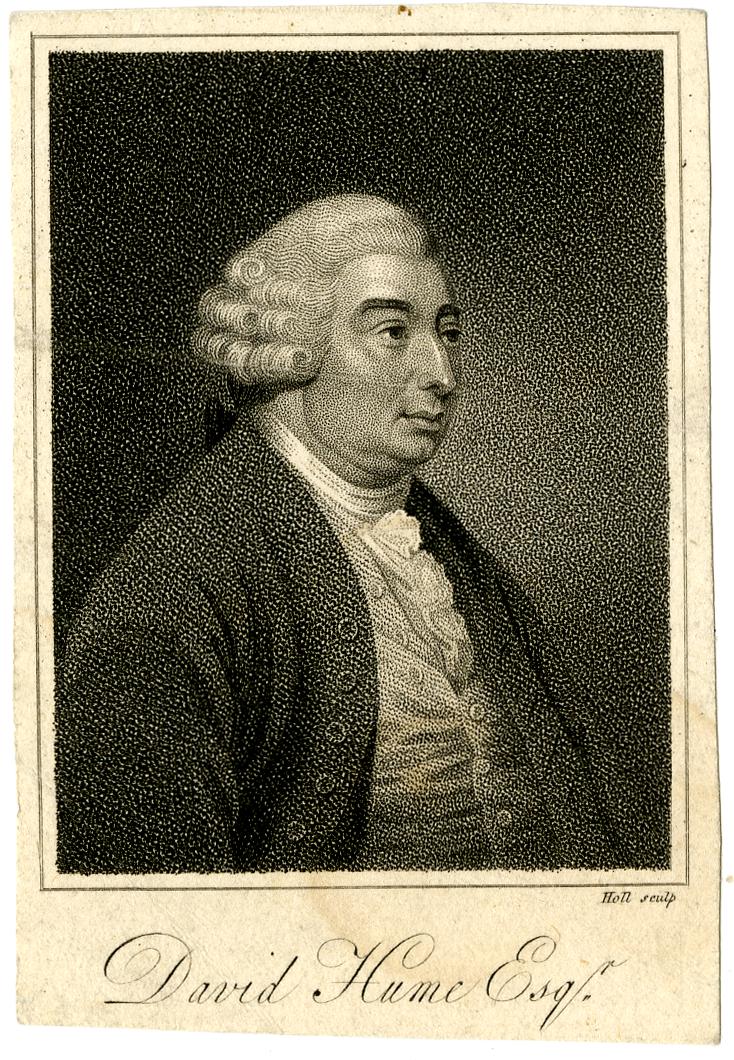
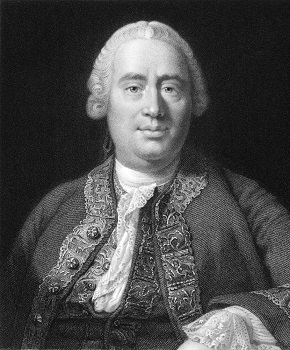 Andrew's contribution "Hume Really Didn't Say Everything He 'Said'" and Chandran's "Finding Fault with the Default Theory" call for response, indeed, extended treatment of Hume texts. I understand both to be rejecting the idea that Hume held as central to his moral and political outlook a notion of liberty in a "mere" sense.
Andrew's contribution "Hume Really Didn't Say Everything He 'Said'" and Chandran's "Finding Fault with the Default Theory" call for response, indeed, extended treatment of Hume texts. I understand both to be rejecting the idea that Hume held as central to his moral and political outlook a notion of liberty in a "mere" sense.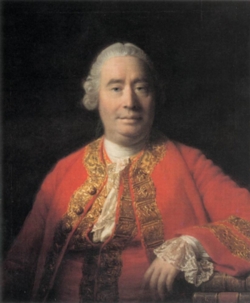
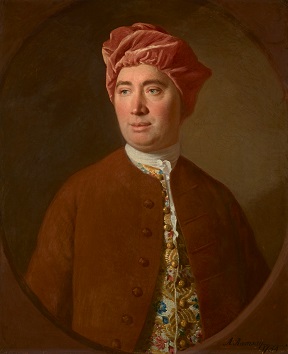
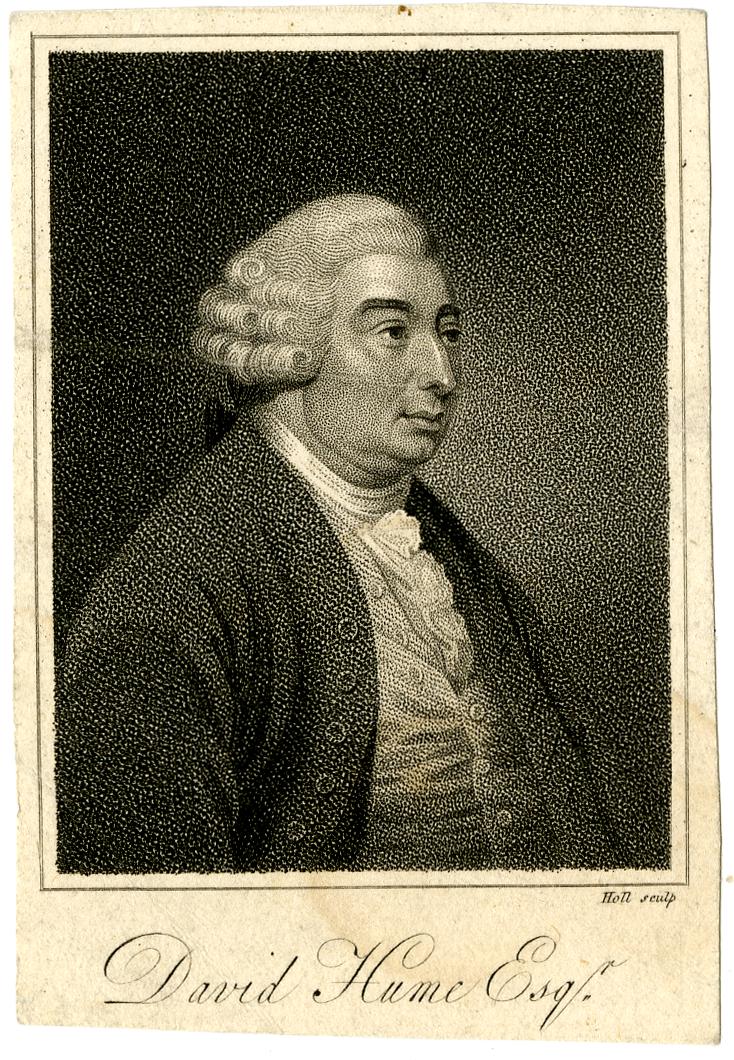
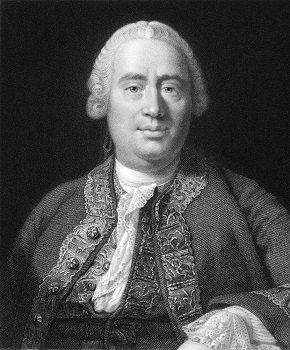
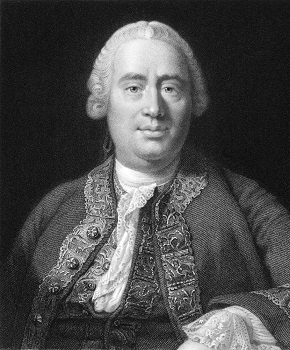 This post marks some bearings of the liberty issue in literature on Hume.
This post marks some bearings of the liberty issue in literature on Hume.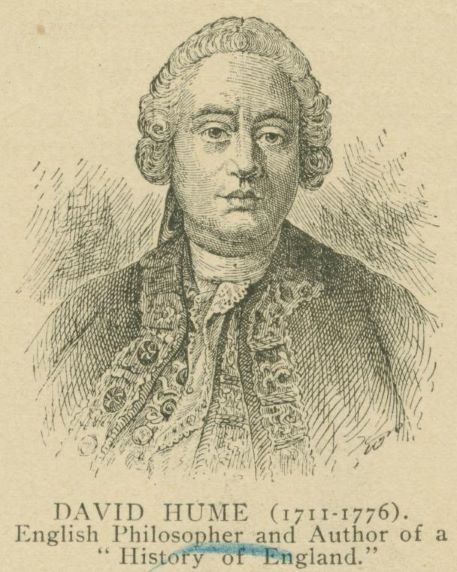 Both an imposed word count and the likely state of readers' patience require brevity. I'll make one point by way of rebuttal and then two larger points—drawing on Mark's undeservedly neglected contributions—that will probably constitute my conclusion.
Both an imposed word count and the likely state of readers' patience require brevity. I'll make one point by way of rebuttal and then two larger points—drawing on Mark's undeservedly neglected contributions—that will probably constitute my conclusion.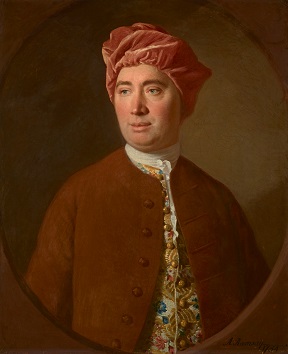 What follows is a response to Chandran and Mark and reinforces, I think, Dan's point about mere liberty and natural jurisprudence.
What follows is a response to Chandran and Mark and reinforces, I think, Dan's point about mere liberty and natural jurisprudence.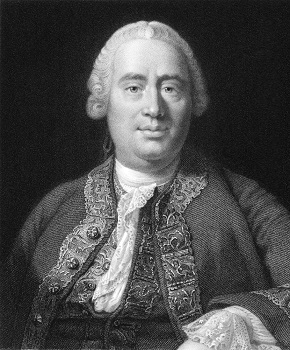
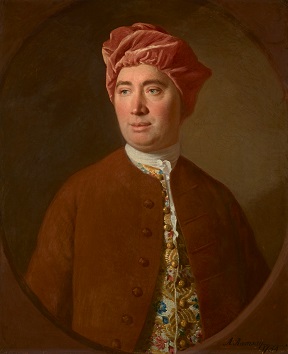
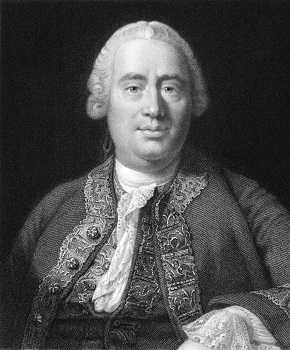 Volume V
Volume V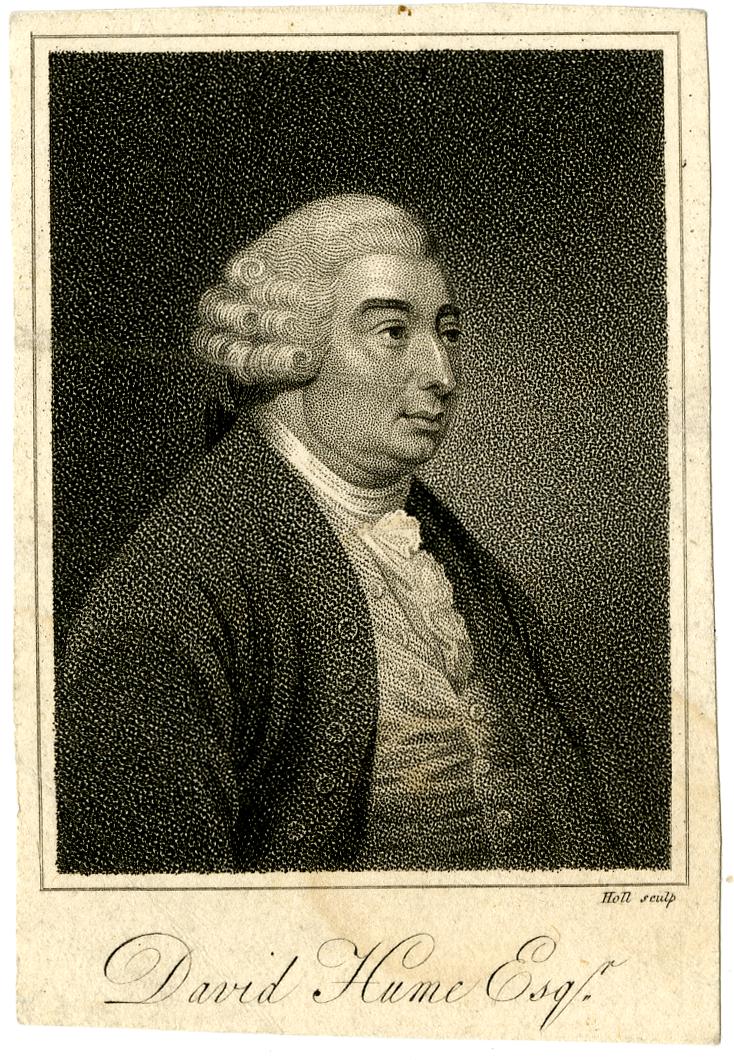
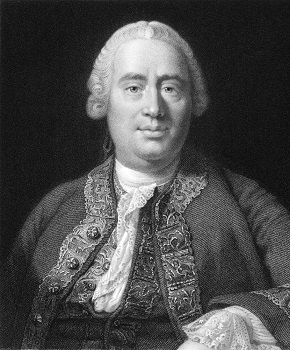
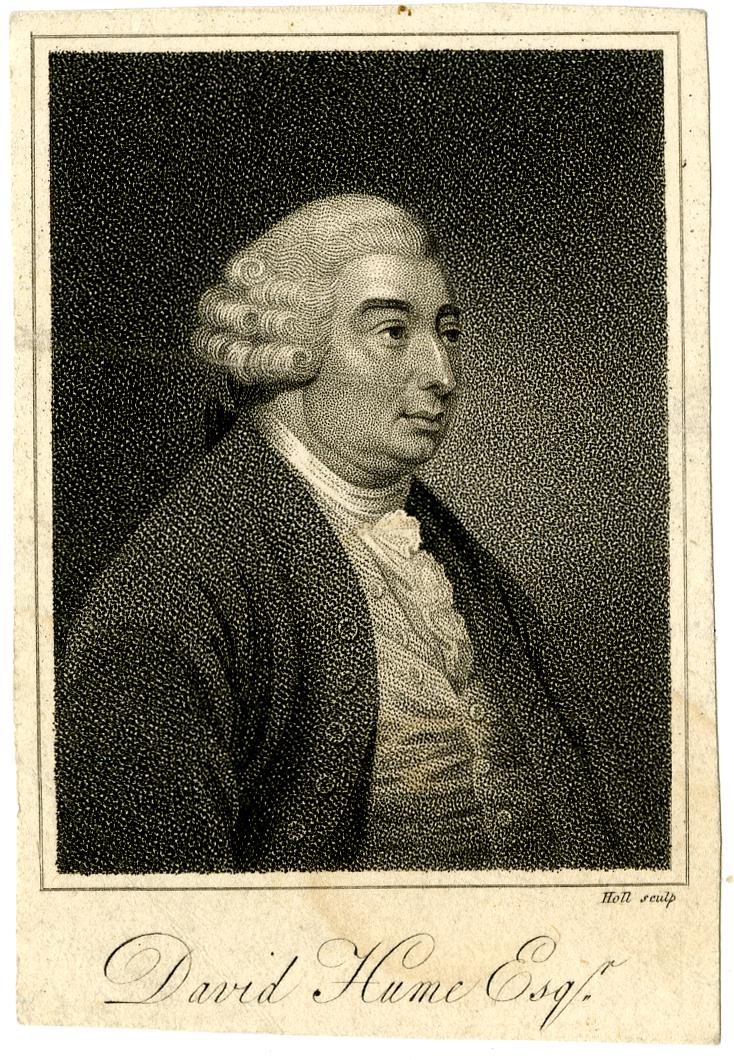 Dan Klein asks: "If the signification [liberty] has no resemblance to others not messing with one's stuff, well, what is it?" In the history of the use of the term among philosophers and other writers, "liberty" has been held to mean many things: conceptions of liberty abound. For Locke it meant above all not being enslaved. For many republicans, past and present, it meant having a certain status: that of a free man, with certain rights and duties as a citizen—including political rights. For contemporary republicans, like Philip Pettit, it means not being dominated by others (which, in his account, requires certain social guarantees to individuals to ensure they are not rendered "unfree" by poverty, and regulation to ensure that the powerful are kept in check by institutions that limit their ability to dominate others). For Rousseau and Kant, liberty was enjoyed when one was subject only to laws one gave to oneself (and therefore something not diminished by the collective deciding to regulate one's use of one's property since the laws made by the collective were not the determinations of some alien power but laws that were legitimate because generated by a whole of which one was a part). For yet others, one is free only if the choices one makes are authentically one's own and not the product of some form of social control, whether clumsy (say, brainwashing) or subtle (say, a background culture that shapes one's preferences to reconcile one to a condition of subservience). None of these views suggests that liberty is about not having others messing with one's stuff.
Dan Klein asks: "If the signification [liberty] has no resemblance to others not messing with one's stuff, well, what is it?" In the history of the use of the term among philosophers and other writers, "liberty" has been held to mean many things: conceptions of liberty abound. For Locke it meant above all not being enslaved. For many republicans, past and present, it meant having a certain status: that of a free man, with certain rights and duties as a citizen—including political rights. For contemporary republicans, like Philip Pettit, it means not being dominated by others (which, in his account, requires certain social guarantees to individuals to ensure they are not rendered "unfree" by poverty, and regulation to ensure that the powerful are kept in check by institutions that limit their ability to dominate others). For Rousseau and Kant, liberty was enjoyed when one was subject only to laws one gave to oneself (and therefore something not diminished by the collective deciding to regulate one's use of one's property since the laws made by the collective were not the determinations of some alien power but laws that were legitimate because generated by a whole of which one was a part). For yet others, one is free only if the choices one makes are authentically one's own and not the product of some form of social control, whether clumsy (say, brainwashing) or subtle (say, a background culture that shapes one's preferences to reconcile one to a condition of subservience). None of these views suggests that liberty is about not having others messing with one's stuff.